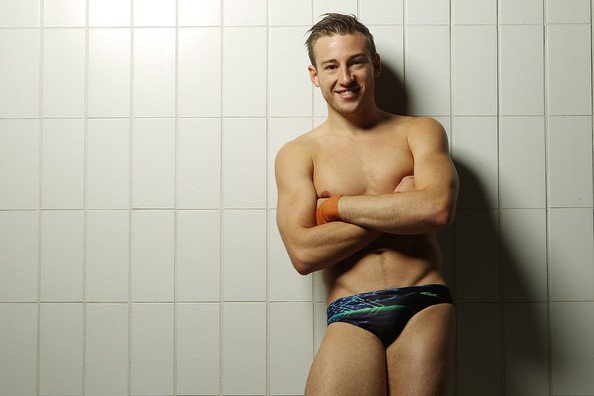Matthew Mitcham feared he would be ostracised when he came out
The retired Olympic diving champion struggled to get sponsors after coming out
By Steve Brown

Matthew Mitcham was afraid he would be “ostracised” when he came out.
The Australian retired Olympic diving champion came out two months prior to winning the gold medal at the Beijing Olympics in 2008, but admitted he was worried he would have been “isolated and rejected” in his home country.
He told News.com.au: “It is certainly something I was afraid of. Even living in Australia, I was afraid of being ostracised and isolated and rejected and I guess things like these even help me to realise how much of a wonderful community we have and if you were to be ostracised by your country of origin, you are going to be accepted into a wonderful whole community.
“I hope that gives people just a bit of faith and confidence.”
At the time of coming out, Mitcham was the only openly gay competing athlete and said it allowed him to go on and win gold.
He said: “Speaking from experience, being an openly gay authentic me, that had the most profound effect on my self-esteem, which then had the most profound effect on my performance.
“It meant I was able to be present in my training sessions, which means I was able to give myself whole heartedly to every session and I was able to focus so intensely on the diving because I didn’t have any of this social interactional sexuality stuff going on in the background.”
Now there are around 13 openly gay athletes out of 6,600 competing in the Commonwealth Games but Mitcham said he struggled to find sponsors when he came out.
The 30 year old said: “How many are in the closet, we may never know.
“There are 76 countries in the world where homosexuality is still illegal, 42 of those countries are in the Commonwealth.
“I think that goes a long way to explaining why there are so few openly gay and lesbian athletes here at this competition because in 42 of the countries that are here it is illegal to be gay.
“When I won my medal in Beijing, it took me ages to find any sponsorship. One interpretation could be that because I competed as a publicly gay man, it also just happened to be at the same time as the global financial crisis hit, so I could never say if it was one or the other.”
